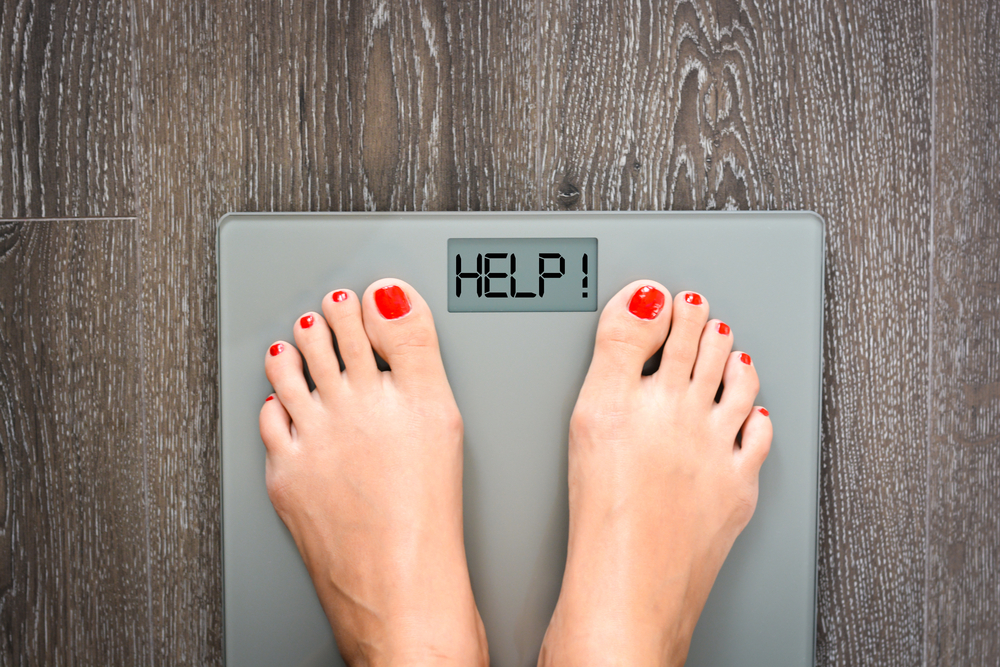Diabetes and losing weight

When you were first diagnosed – or even before you were diagnosed – you may have found it easy to lose weight. When you weren’t producing enough insulin, your body couldn’t use energy from the glucose sources you ate and drank, and so it would burn its stores of energy as an alternative. This meant you lost weight, but you were probably also feeling run down and unwell, as your blood glucose would have been high. If you become ill or if your blood glucose levels become high for a while again, you might start to lose weight in this way again.
If you’re worried about your weight and want to lose some, it can be tempting to think back to how easy it used to be to lose weight at the start, or at times when your sugar was high. You may feel that treating your diabetes is the reason why you’ve gained weight. It’s very important, however, that you don’t stop taking insulin to lose weight. You would be starving your body of essential nutrients, and you would develop high blood glucose and all the symptoms of it – feeling tired, thirsty, needing to go to the toilet a lot, risking thrush and urinary tract and other infections, potential sexual problems, dry hair and skin, to name just a few examples.
More critically, it would give you a high risk of suddenly going into diabetic ketoacidosis, which could be life-threatening. You also put yourself at a greater risk of developing long-term complications in future, that may affect your sight, kidneys, heart or feet.
If you want to lose weight, your diabetes team can help you do so safely, without risking your health in any way. You can do this by reducing the number of calories, carbs and fat you’re eating and/or doing more exercise. When you have diabetes, the important thing is to plan how you’re going to balance your insulin dose with the food you eat and the exercise you do.
If you’re on a basal-bolus regimen and you count carbs, this will probably be easier. If you take twice-daily insulin it might be more complicated – you may need to be more regimented about the amount carbs in all your meals, and reduce your insulin gradually. Your diabetes team will be able to advise.
What exercise you do and when you do it will have an impact on how much insulin you need. The Understanding Type 1 Diabetes course, has sections on adjusting insulin dosage and managing exercise and insulin, to help you.
If you’re planning a change to your eating habits, it may help to keep a food diary for a week or two, where you write down everything you eat and when you eat it. This might help you work out what to cut down on, or how to balance what you eat better. You don’t have to show this to anyone if you don’t want to, but if you do share it with a dietitian or your diabetes care team, they may be able to help you with the best way to balance your intake.



Leave a Reply
You must be logged in to post a comment.